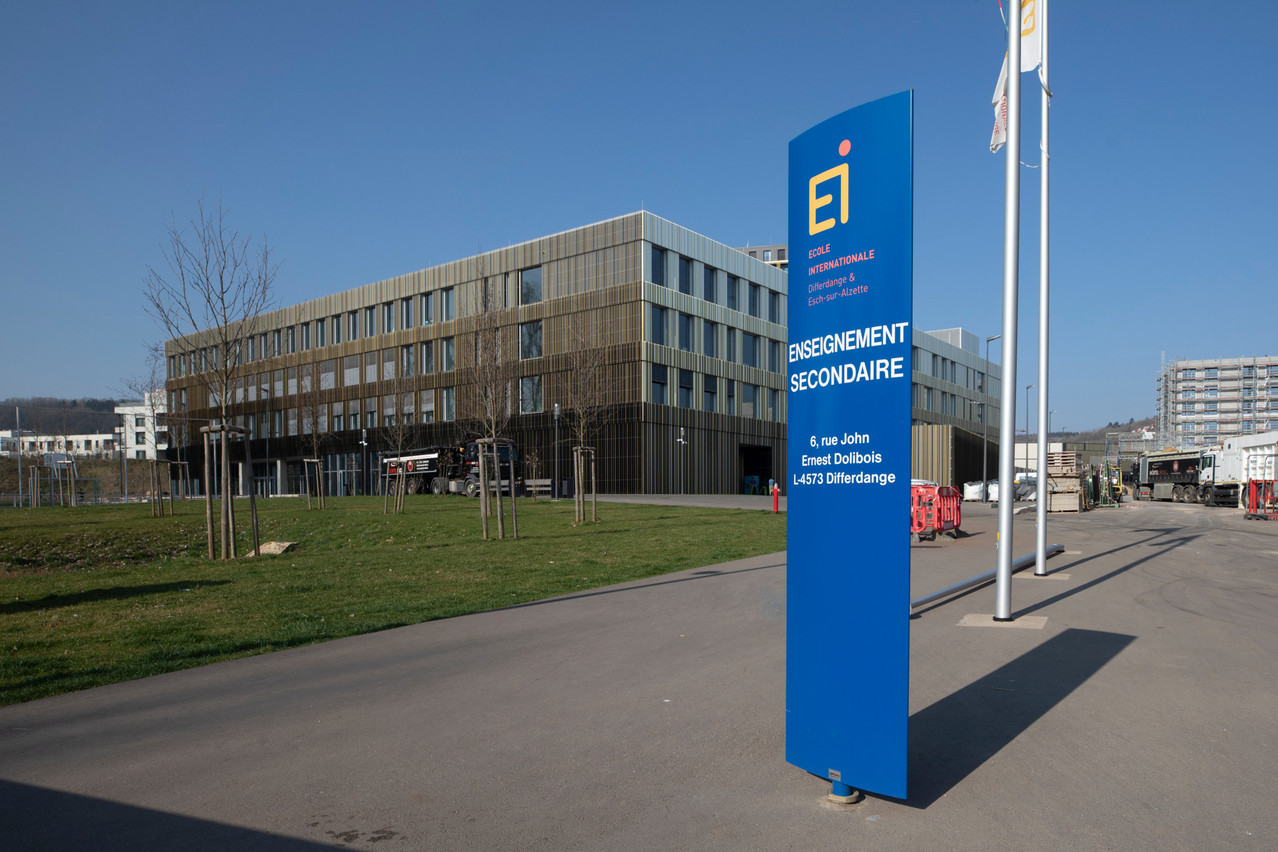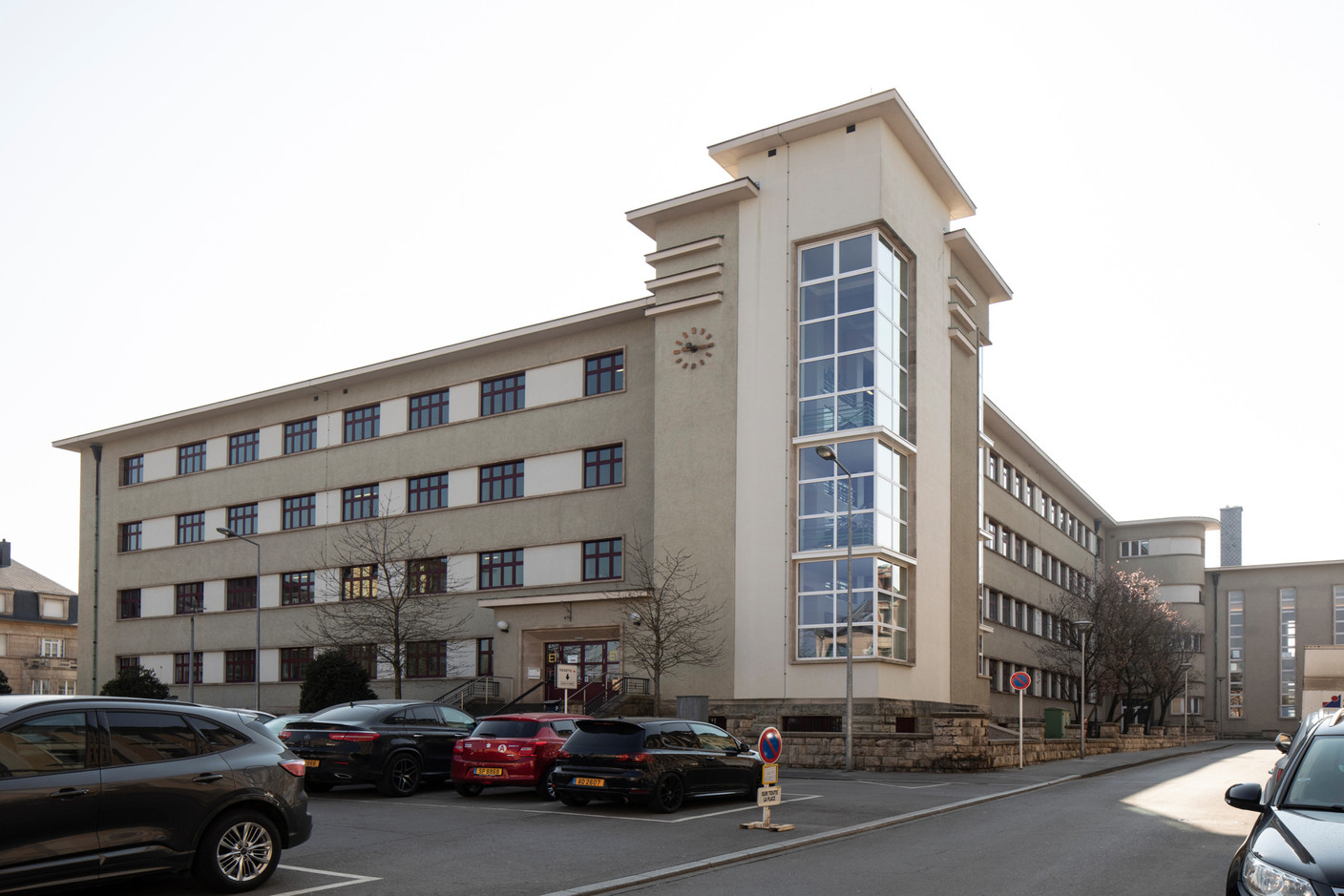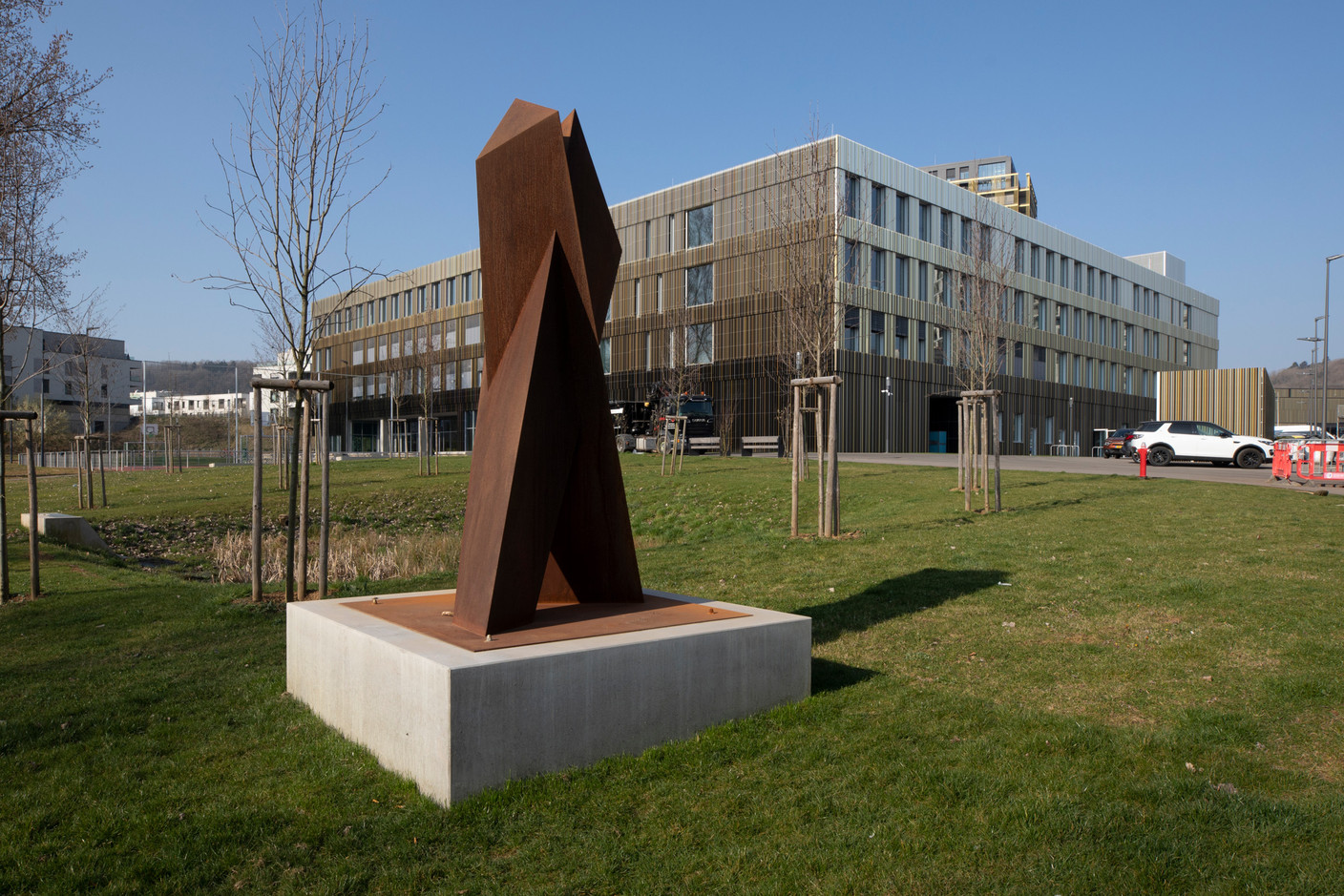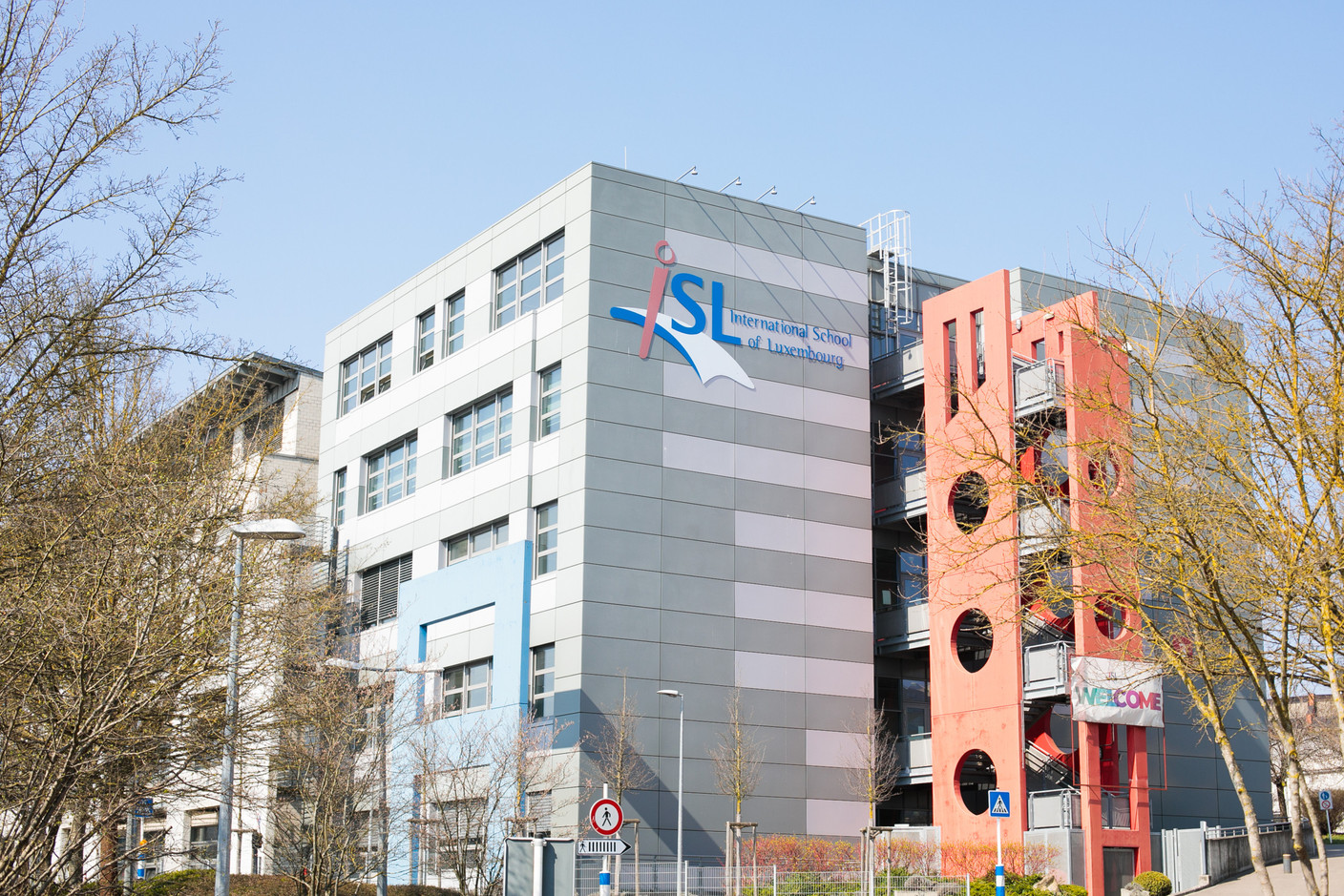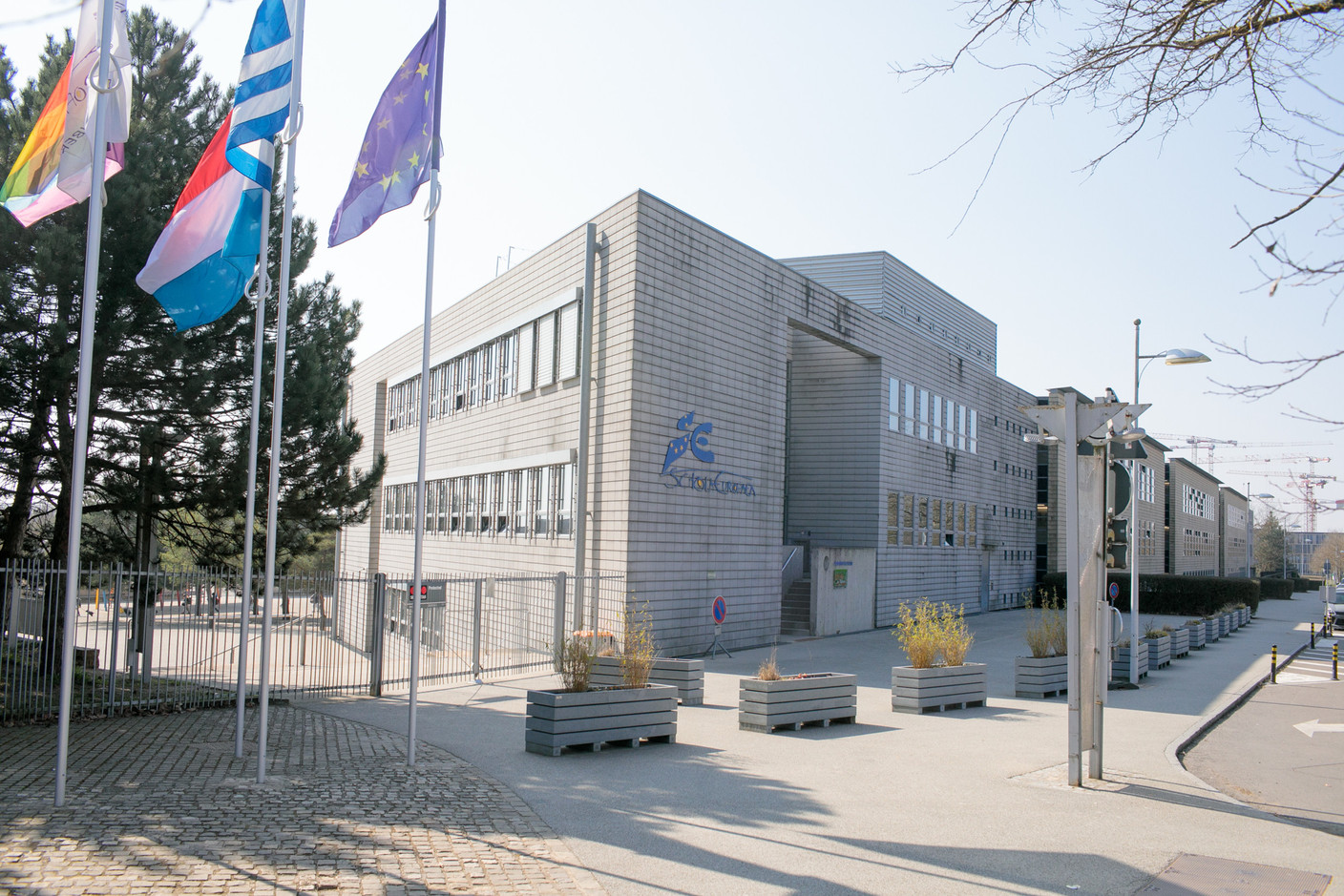“We are Europe's champions in terms of accredited European schools, no other country has as many as Luxembourg,” says Michel Hiebel, head of the international and European offers department at the education ministry. The opening of the EIGT (école internationale Gaston Thorn) was announced in February by education minister Claude Meisch (DP).
Since the opening of the country's first accredited European school in 2016--the EIDE, École internationale de Differdange et Esch-sur-Alzette--the interest shown towards these public schools, whose teaching is based on the European school curricula, has not subsided. On the contrary, at the beginning of the school year last September, 3,108 pupils were enrolled in those establishments, all schools and levels combined. “The first baccalaureate holders will graduate in 2023, and we will then see the results of these schools,” says Hiebel.
Accessible to the children of cross-border commuters
Although they are referred to as international schools, they should not be confused with private, fee-paying international schools such as the Lycée Vauban, nor do they belong to the same network as the European Schools I and II in Kirchberg and Bertrange--run by the intergovernmental organisation of the European Schools. “The accredited European Schools are an integral part of the Luxembourg public school system. They are free of charge and offer education based on the European Schools' curricula, leading to the European Baccalaureate,” says Hiebel.
Pre-enrolment took place from 1 to 18 March. “It is still possible to submit an application after this date, but applications received before 18 March have priority over those received later. These schools are open to both resident and non-resident children. “The presence of non-resident children is for the moment a marginal phenomenon, but some border parents working in the Grand Duchy choose to send their children to these schools,” says Hiebel. “Unfortunately, there is not enough room for everyone. One of our main criteria is the geographical proximity between home and school. Our aim is not to have children travelling for two hours a day.”
The ministry does not have figures on the number of pupils who have not been able to enrol in the accredited European schools. “Our objective is that at the beginning of each school year, all children are enrolled, and if they cannot go to an international school, they go to a 'classic' school in their country of residence, so there is no waiting list during the year.” Having siblings is also taken into account during enrolment: if a child is already enrolled in a school, their brother or sister will be able to join the school. “We are not in an elitist system, it is not the level or the results of the children that are the first criterion of admissibility,” says Hiebel.
European education gives pupils the opportunity to choose a flexible language pathway that begins with literacy in their dominant (or mother) language, which can be French, English or German. The education ministry announced that depending on demand at the EIGT, Portuguese may be offered at first language level from primary school onwards. “Particular attention is devoted to the European idea, to education in mutual respect between different cultures and to openness to the outside world,” states the education ministry. With the establishment of international public schools, it aims to respond to “the growing heterogeneity of the school population. The state must indeed offer a public education system in which every student has a chance to succeed, regardless of the language spoken at home.”
This story was first published in French on . It has been translated and edited for Delano.
